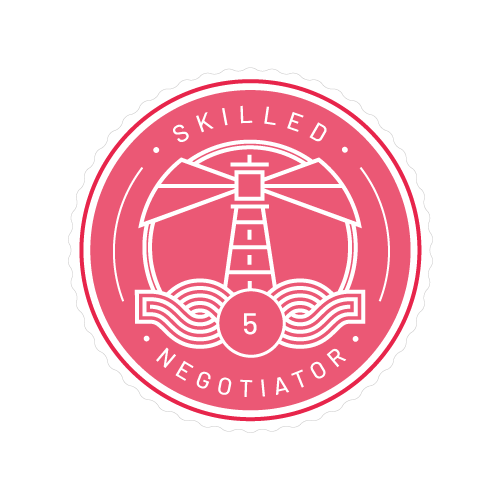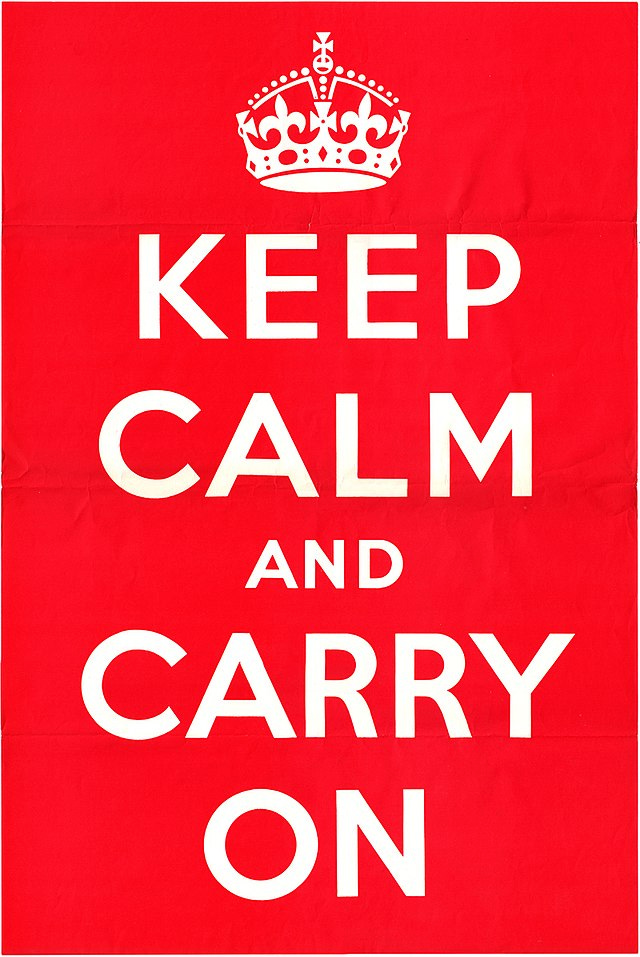Coach Negotiators Don’t Manage Negotiators.
You and your team are trained in the art and science of negotiation. You have embraced a single methodology and rolled it out throughout your business. What’s next?
The Weekly Walkaway highlights negotiation in its ‘good’, ‘bad’ and sometimes ‘downright ugly’ forms. Issue No. 51 (27th October 2023)
What to expect?
Quotes of the Week -
“Coaching is unlocking a person’s potential to maximise their growth.” - John Whitmore, author of Coaching for Performance.
“You get the best effort from others not by lighting a fire beneath them, but by building a fire within.” - Dr Bob Nelson, author of The Management Bible.
Thought of the Week - Coach Negotiators, don’t manage negotiators.
Remember: You are a negotiator!
You are always managing some form of conflict, a difference of opinion or interest.
Thanks for reading The Weekly Walkaway! Subscribe for free to receive new posts and support our work.
THOUGHT OF THE WEEK
Coach negotiators don’t manage negotiators.
I was minded yesterday whilst writing a client sponsor report for one of their cohorts who have just successfully achieved their Level 5 Skilled Negotiator Certificate.
We spend a lot of time with our cohorts, both as a group and as individuals, guiding them through their learning experiences; however, what happens when our delegates return to their day jobs?
How do you embed a culture of learning, and how do you continue to ensure an x10 return on investment?
Our 1-2-1 coaching and reflection days are a big part of the Master Negotiator Learning journey, but it’s not where the magic happens.
It's the manager, silly. It’s always the manager, our sponsors, who ensure their teams stay accountable to their objectives, follow the process, remain firm in the face of adversity, and, most importantly, provide the support their teams need when they need it the most.
Just in time, just enough, Just for me
So this week’s Weekly Walkaway is dedicated to all of you lovely managers out there and the budding managers who want to know what the best of them do to help their negotiation teams stay on top of their game.
When the pedal hits the metal
Your consultant negotiator has left the room, so what next?
Trust in the process and trust in your team.
You and your team are trained in the art and science of negotiation. You have embraced a single methodology and rolled it out throughout your business.
Congratulations, you now all speak the same negotiation language…
What’s next?
From our experience, the best managers are ‘coaches’. They ‘ask’, they don't tell. They listen, challenge, and support their staff to become better versions of themselves.
The best managers emphasise preparation; they stress the importance of thorough preparation before all negotiations.
The best managers are naturally curious. They practise active listening. They lead by example, and they coach their team to listen consciously throughout their negotiations, looking for verbal and non-verbal clues, like the Sherlock Holmes’s they are.
The best managers provide constructive feedback on their team's planning, communication, and body language and use examples where the negotiator achieves their objectives by positively using these skills.
The best managers don't assume that one-time coaching is sufficient. Continuous learning for both themselves and their teams is essential to refresh and embed behaviours that can, at times, be uncomfortable and can, sometimes, go against engrained behaviours, even the values of society.
Get comfortable being uncomfortable.
So, without further ado, here are just a few of the questions we @Kahvay recommend managers use when coaching their teams…
ASK THEM
Have you completed R.A.D – (Relationship, Awareness, Demand)? i.e. Have you completed the sale and are now ready to ‘negotiate’?
Who are you negotiating with or against? How well do you know them?
How much does your counterpart know what you are negotiating for?
Do you ‘need’ to negotiate?
Do they ‘need’ what you have?
Where is this negotiation on the Kahvay Negotiation compass ©?
What did your analysis of P.L.A.N.T (Power, Longevity, Advanced, Need, Trust) suggest?
What is your B.A.T.N.A (Best Alternative To a Negotiated Agreement), What is theirs?
What research have you carried out on the person you are negotiating with?
What research have you done on ‘Time and circumstance?’
Who has the POWER?
What positioning or pre-conditioning have you planned?
Who is in CONTROL?
What behaviours do you expect from your counterpart?
How will you plan to behave?
What planning tools will you use depending on the compass bearing?
Single or few variable planning tools?
Multivariable (brainstorming with wise-heads and The Navigator to create low-cost, high-value trades (If You / Then We)?
What is the Z.O.P.A (Zone Of Potential Agreement)?
What are your walkaways?
What are your counterpart's walkaways?
Where will you open? Have you opened “Extreme”?
How and when will you move to give satisfaction? Have you planned their moves in ever-decreasing sizes?
This list is not exhaustive, but it will help you coach your team to think through their upcoming negotiations more effectively. That being said.
Sometimes, you must challenge your team, and the best managers challenge appropriately, as mentors, as experienced negotiators who have felt what they feel…
CHALLENGE THEM To;
STOP selling… Start negotiating, STOP talking… Start questioning and listening. Remind them of the power in silence.
STOP trading just price. Be creative and Start trading conditionally
‘If you… Then We…’ What can you take for what they want?
Don’t give anything away for free. Trade for equal or greater in return.
Remind them it is - TAKE first, then GIVE.
STOP reacting. Use F.A.F.S (Flinch. Assess. Frame. Send).
Behaviour breeds behaviour. Remember to control ‘Lucy’, the chimp in their head.
They are strong. They are confident. They are much more powerful than they think.
Remind them they are negotiating with a ‘person’, just like them, with their own ‘Lucy’. They are not dealing with a brand or company.
STOP negotiating in one dimension. Start choosing the appropriate dimension persona.
Remind them there are four dimensions of negotiators. Four personae with different behaviours.
Choose the most appropriate behaviour for the dimension, not the one that feels the most comfortable.
If in doubt.. both feet out.
If it doesn't feel right, it probably isn’t. STOP, get out, re-plan, renegotiate
STOP competing! It’s not about winning.
Start giving the client the symbols of success. Give the client satisfaction, make them think they are winning… Negotiation is the art of letting them have your way.
In summary
The best managers are not micro-managers; we all know this. This is no different with negotiators.
Trust the process, trust your team. You have hired smart people, you have been trained, and they have also been trained in the art and science of negotiation. Trust them to do their job and get out of their way. Then, help them learn from their mistakes.
The best managers ask. They don't tell. They are ‘coaches’. They challenge their team’s thinking, helping them reflect and hold them accountable for their follow-up actions.
Be crystal clear on the plan and outcome. We call it the ‘commander’s intent’ alongside the guard rails of their negotiation. The guard rails are the extremes of the variables they will be negotiating with, whether it be price, payment terms, contract length, SLA or whatever they might be
Avoid interfering during live negotiations. Give your team members space to apply their skills and learn from the experience. Teamwork makes the dream work. Your job is to refrain from negotiating for them.
Coach them. Embed a culture of reflective ‘action’ - What worked? What did not work? What will they do differently next time? And follow up, holding them accountable for their self-improvement.
Good luck!
We’d love to read your comments or thoughts.
Discuss or request more about this or other topics that interest you. (hello@kahvay.com)
And please remember to Click ❤️ to trigger the algorithm and spread the word with one click. Thank you.





